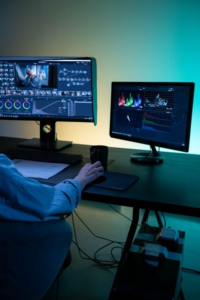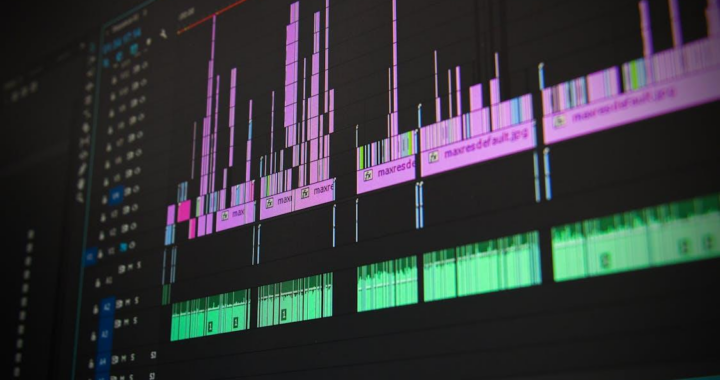In the digital age, evidence in criminal investigations is often found in the most unexpected formats. One such type of evidence that has become increasingly important is forensic audio analysis. Audio recordings—whether from 911 calls, surveillance footage, or private conversations—can hold critical information for solving crimes. However, raw audio often comes with distortion, noise, or manipulation, making it difficult for investigators to trust its validity. This is where the expertise of a digital forensic consultant comes into play, as they work to clean, enhance, and authenticate audio to ensure it can be used in court.
The Importance of Forensic Audio Analysis
Forensic audio analysis plays a pivotal role in criminal investigations. It involves examining audio recordings to determine their authenticity and gather usable evidence. A digital forensic consultant employs advanced tools and techniques to extract crucial details that may not be immediately apparent in the raw audio, such as background noise, voice identification, or even the time of recording.
Forensic audio analysis can be used in various situations, from investigating crimes like fraud or extortion to resolving disputes involving sound recordings in civil cases. The challenge lies in the fact that audio recordings can be tampered with, either intentionally or unintentionally. To ensure that the evidence is reliable, forensic experts meticulously review the audio and enhance its quality, making sure no critical piece of information is overlooked.
How Forensic Audio Analysis Works

The process of audio forensic services involves several steps to ensure that the audio can be presented as credible evidence:
- Authentication: One of the first tasks is to authenticate audio forensics, which means confirming the integrity of the audio file. A data forensic expert can determine if the file has been altered in any way, ensuring it hasn’t been tampered with to distort the truth.
- Cleaning and Enhancement: Raw audio can often contain background noise, distortion, or other elements that obscure the message. Through advanced audio restoration techniques, forensic audio experts clean up the file, isolating important details. This may include removing hums, static, or overlapping sounds that hinder the clarity of voices or critical sounds.
- Voice Identification: In cases where the audio includes voices, forensic experts can compare the voice samples against known databases to determine the identity of the speakers. This is especially useful in cases involving voice threats, anonymous calls, or potential suspects.
- Time Analysis: Determining when a recording was made can also be crucial in investigations. Forensic audio analysis can verify timestamps, and assess the circumstances surrounding the audio’s creation, helping to place suspects or witnesses at specific locations or times.
Why Choose Eclipse Forensics?
At Eclipse Forensics, we understand the critical role that forensic audio analysis plays in criminal investigations. As digital forensic consultants, we offer comprehensive digital forensic services that include the analysis, enhancement, and authentication of audio evidence. Our team of data forensic experts ensures that all digital evidence, including audio recordings, is handled with precision and professionalism.
If you are dealing with audio-related evidence in a criminal case, trust Eclipse Forensics to provide the expert analysis needed to ensure your evidence is clear, reliable, and admissible in court. Our audio forensic services are designed to support law enforcement, attorneys, and investigators with cutting-edge solutions in forensic audio and digital evidence analysis.
Contact Eclipse Forensics today to unlock the full potential of your audio evidence and ensure it supports your case effectively. Let us help you bring the truth to light.

